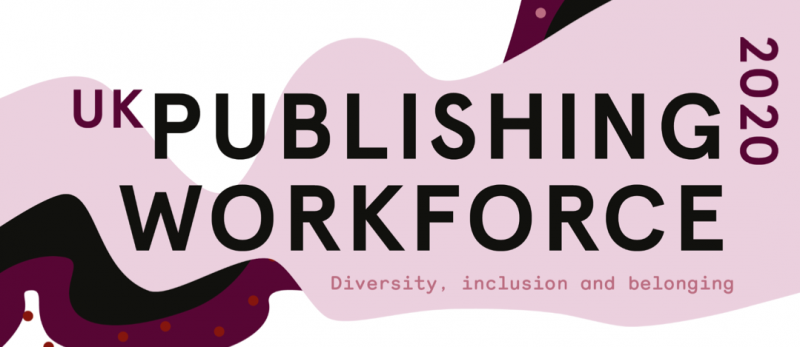Part of the Inclusivity Action Plan is an annual survey and today the results are in of the 4th survey covering 2020. I covered the previous survey and also compared surveys from the UK and the US, challenging the conclusion that the UK is doing really well while there was little change in the US.
So what are the results of the 2020 survey released today (Friday 12 February 2021), based on feedback from more than 14 thousand respondents from 71 participating businesses compared to 57 businesses in 2019 (which include Elsevier the company where I work)?
First, on gender, we see continued strength on gender equality at the top: 52% of the executive leadership and 55% of senior management positions are held by women. This was not the case in 2017 and continues as a great success of the Inclusivity Plan. It is noteworthy that academic publishing reported the lowest levels of women in executive leadership roles (43%) and senior management (48%), while education publishing scored slightly higher with 45% and 50%, respectively.
Second, on ethnicity, the needle has been stuck at 13% since 2017. This is just below the national average of 14%. For London-based respondents, only 16% identified with an ethnic minority group – well below London’s population (40%). Obviously, this is an area where the publishing industry must ramp up its activities and take a fresh look at the initiatives in place. Hopefully, the emergence of employee activism as part of the BLM movement and the renewed focus on Black authors and readers might contribute here.
Third, the LGBT+ community is even better represented than before, with 11% identifying as such, a figure that has more than doubled since 2017 and sits well above the national average of 3%. Of that 11%, 4% identified as gay or lesbian, 5% as bi and 2% as other. This might reflect higher numbers in UK society, especially among the younger generation, who identify as part of the rainbow family but not necessarily as gay or lesbian, but for instance as bi or queer.
LGBT+ representation dropped with seniority: 14% at employee level and 7% at executive level. There was also a wide range between departments: 15% in digital and design but only 6% in HR and finance.
Another key inclusion metric is being Out at work. Of the LGBT+ respondents, only 34% were completely out, 27% partially out and 24% not out at all. This is below the national average of 40% out and 41% partially out. The figures for ‘not being Out’ have gone up from 19% in 2018, 21% in 2019 and 24% in 2020. This is clearly an area where improvement is needed.
What these figures say is that UK publishing attracts the LGBT+ community but does not offer a safe environment with a sense of belonging for all. This will no doubt adversely affect the LGBT+ community as well as ethnic minorities.
Fourth, the increase of people with disability was even larger, going from 2% in 2017 to 8% in 2020. The most common disability was mental illness, with 37% living with depression or anxiety and 19% suffering from phobias, panics and other nervous disorders.
Finally, mental health problems were a serious problem (40% have experienced problems, as reported in 2019) and are even more dire this year with 46% reporting having experienced mental health issues at some point and 21% experiencing them at the time of the survey. Mental health issues declined with seniority level: 26% at employee level and 8% at management level. The survey was conducted during the COVID-19 pandemic, which may have amplified mental health issues, although this is not mentioned in the report.
In summary, this is a mixed result with clear progress on the diversity front around gender and LGBT+, but challenges remain with regard to ethnicity and the broader problem of a lack of inclusive working culture, which adversely affects ethnic minorities and the LGBT+ community. This might also be linked to the shockingly high numbers of people reporting mental health problems.
Having the right data on D&I is extremely powerful, and the UK PA should be applauded for taking the lead here. It would be hugely beneficial if other IPA members conducted similar surveys of the publishing industry in their countries.
D&I is and will remain high on the agenda at the IPA. It will be a dedicated policy pillar within the Inclusive Publishing and Literacy Committee, which I am currently chairing. Finally, in the interests of full disclosure, I personally contributed to the UK PA’s report with the following quote:
“An inclusive workplace allows all to be truly themselves, to be valued and through their contribution to help lead the way for others. There are two important reasons to fully support D&I: there is a clear business case and there is also a moral imperative – it is simply the right thing to do.”

